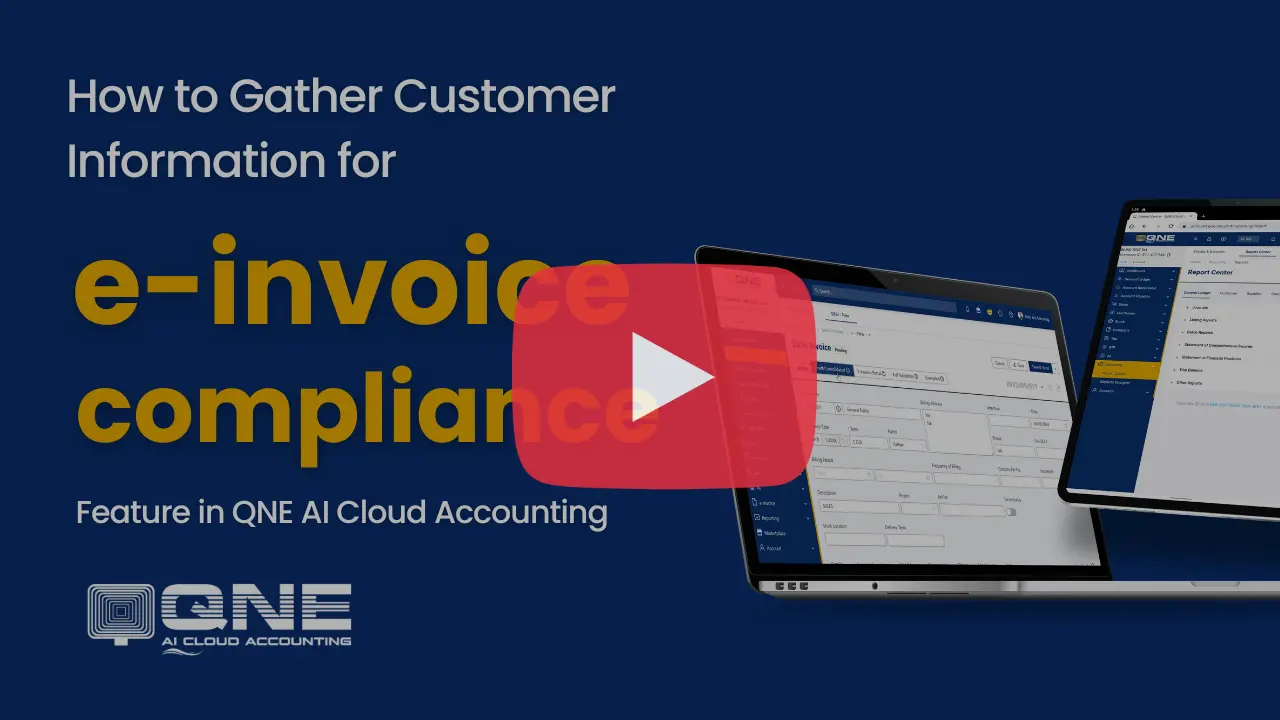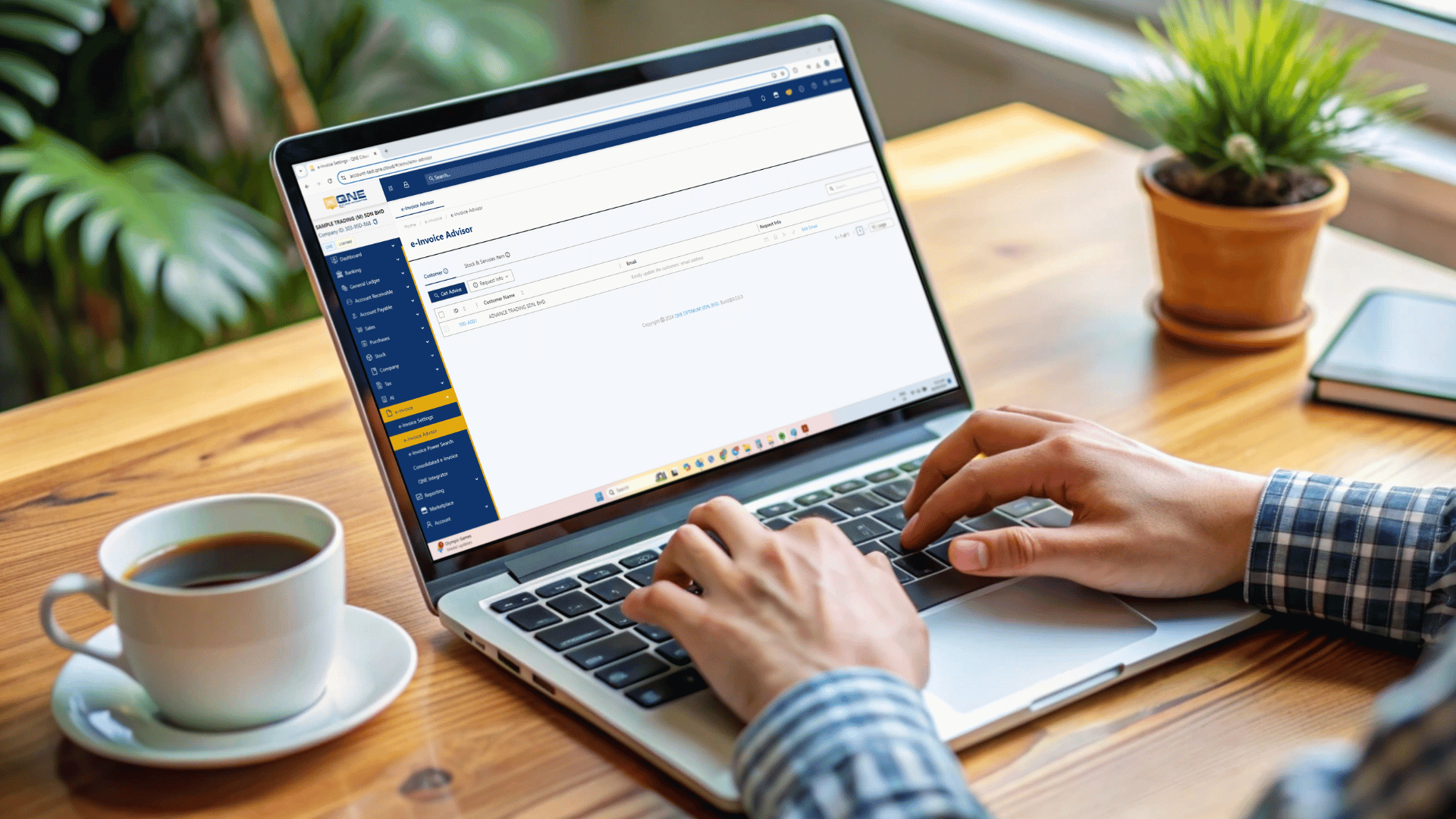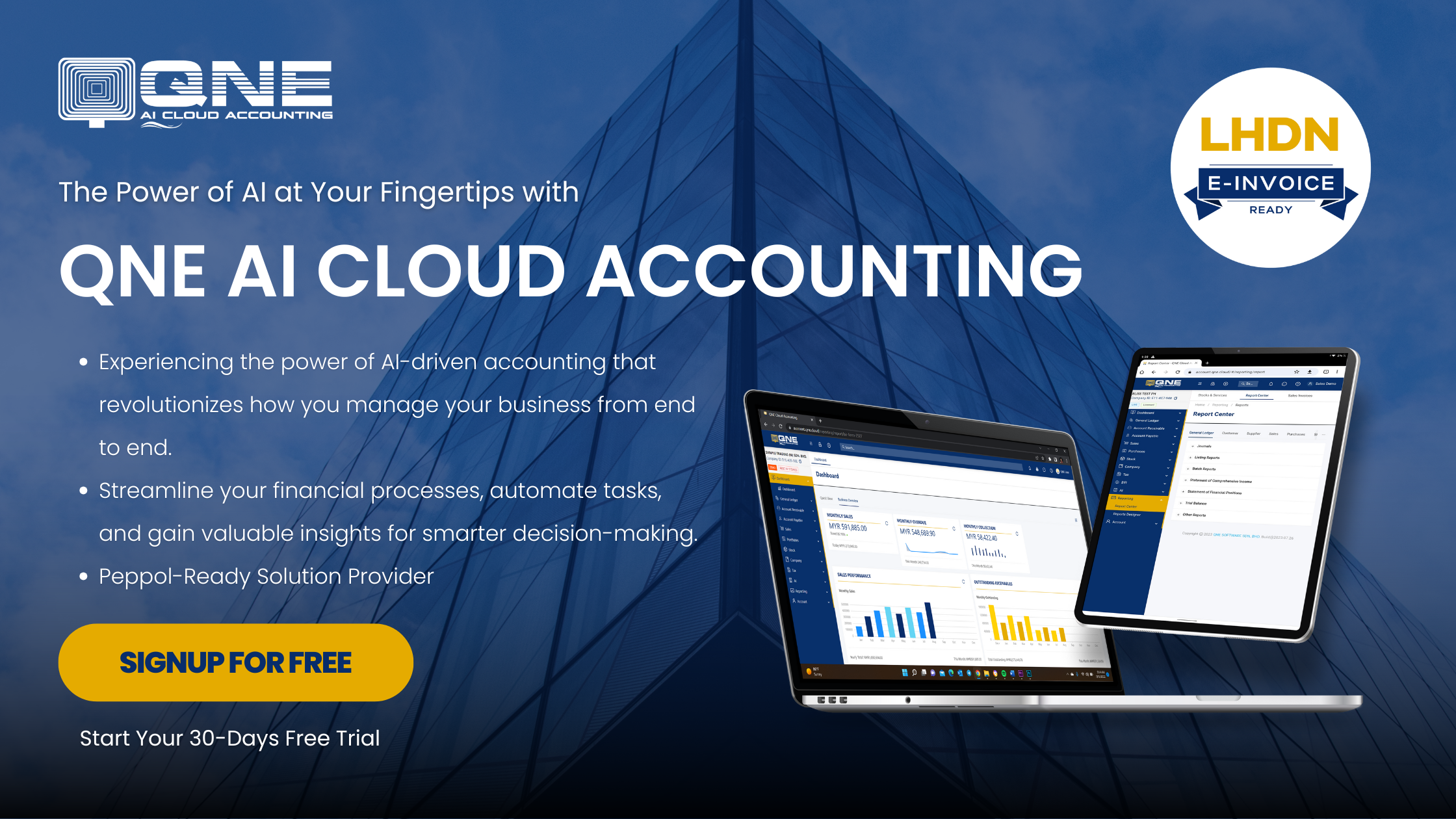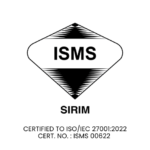When businesses aim to automate and streamline their core processes, one of the most critical steps is to choose an ERP that aligns with their needs. Enterprise Resource Planning (ERP) software is designed to centralize and computerize functions, processes, and systems, making information flow and company management more efficient. Because of its impact across departments, choosing the right ERP software is a decision that requires careful planning and evaluation.
The ERP must adapt to the needs of the company (and not the other way around)
The main objective of a business software package is to facilitate the “rationalization” of business processes and functions in order to save time. These management software solutions are generally highly customizable and can be tailored to the specific needs of a business. However, not all ERP systems offer this level of flexibility.
That’s why, before you choose an ERP, it’s crucial to conduct a careful and rational analysis of the features and capabilities of the solutions you’re considering. Adapting your operations to fit a rigid ERP system is a mistake—your ERP should adapt to you.
Make sure the software aligns with how your business truly operates.
Compatibility and Integration with Existing Software
A business resource planning system automates business processes into a single, easier-to-manage flow. This means that existing software and systems will either need to be replaced by an ERP component or module or integrated into the ERP to allow smooth data flow between systems. That’s why it’s important to choose an ERP that supports seamless integration—otherwise, your team may resort to inefficient data re-entry, leading to increased labor costs, disjointed data, and more system errors.
For example, if a company already uses a customer relationship management (CRM) system to manage its existing and potential customers, this CRM will either need to be replaced by a CRM module from the new ERP or be integrated into the ERP so they can communicate seamlessly.
When you choose an ERP for managing your business, it’s strongly recommended to check the compatibility of your existing information systems and business software. Having a technically unified software environment is essential to ensure data can be shared and transmitted without errors between applications, maximizing automation.

The expertise of the internal team...
When you choose an ERP solution for your company, it’s essential to consider the expertise and capabilities of your team members to ensure a smoother onboarding process. After all, an ERP is used by multiple staff members across various departments.
Your team should be aware of the available resources and who can manage the technical aspects of the system. If some of your team members already have experience with a particular ERP, their familiarity could be a strong reason to choose that system for your business.
What to Consider in Your Budget as You Choose an ERP?
The implementation, installation, and maintenance of an ERP system are expensive exercises and depend on the needs of the business. That’s why it’s important to choose an ERP that fits your specific requirements and budget.
You must calculate your return on investment (ROI) based on the characteristics and functions you truly need—there’s no sense in paying extra for a software package with features that don’t add value to your operations.
Accessibility on mobile devices
Access to the various modules and components of your ERP via smartphones and tablets is a necessity. When choosing the right ERP software, make sure that it offers compatibility or a version that can be used on mobile devices.
A scalable solution
In order to fully exploit the potential of the ERP system, you must ensure that the system is running with the latest version available. An obsolete version can cause malfunctions, errors in processes, or even expose your system to security threats. That’s why it’s essential to choose an ERP that offers reliable and regular updates. Whenever a new version is released, the method and procedure for updating the ERP system become crucial. If you need to hire a consultant for each update, make sure to budget for those costs and consider the potential productivity delays.
Updating an ERP system often involves cost, time, and human effort—and these challenges can become significant over time.
Ready to Choose an ERP That Grows With Your Business?
Selecting the right ERP system is not just a technical decision, it’s a strategic move that impacts every area of your business. From integration and scalability to cost and team readiness, every factor plays a role in long-term success.
If you’re looking for a smart, scalable, and locally supported ERP solution, N3 AI Accounting features (formerly QNE AI Cloud Accounting) is designed to simplify your accounting, inventory, sales, and business processes, all in one powerful platform. Contact us today and experience the difference of intelligent cloud-based automation!
Follow us on QNE Software Malaysia Facebook Page to stay updated with the latest ERP and accounting solutions!











